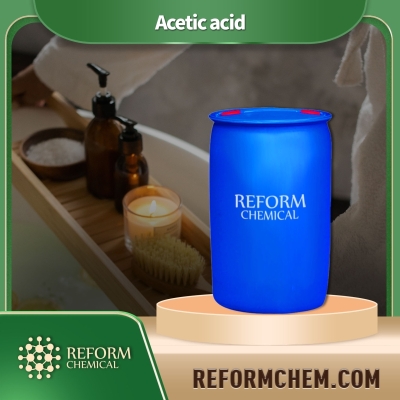-
Categories
-
Pharmaceutical Intermediates
-
Active Pharmaceutical Ingredients
-
Food Additives
- Industrial Coatings
- Agrochemicals
- Dyes and Pigments
- Surfactant
- Flavors and Fragrances
- Chemical Reagents
- Catalyst and Auxiliary
- Natural Products
- Inorganic Chemistry
-
Organic Chemistry
-
Biochemical Engineering
- Analytical Chemistry
-
Cosmetic Ingredient
- Water Treatment Chemical
-
Pharmaceutical Intermediates
Promotion
ECHEMI Mall
Wholesale
Weekly Price
Exhibition
News
-
Trade Service
N-Ethyl-3-nitrobenzenesulfonamide, also known as NENS, is a highly flammable and toxic chemical that is commonly used in the chemical industry.
It is a yellow-orange solid that is soluble in water and organic solvents.
NENS is used as a reagent in the production of dyes, pharmaceuticals, and other chemical products.
Despite its wide range of applications, NENS is also known to be a potential hazard to human health and the environment if not handled properly.
One of the main health hazards associated with NENS is its high flammability.
The chemical is highly susceptible to ignition and can burn fiercely when exposed to heat or open flames.
This can cause serious fires or explosions in industrial settings, which can result in serious injuries or fatalities.
It is important for workers handling NENS to take extra precautions to prevent fires or explosions from occurring.
This includes wearing appropriate protective gear, using proper ventilation systems, and storing the chemical in a cool, dry place away from any ignition sources.
Another major health hazard associated with NENS is its toxicity.
The chemical is highly toxic if ingested, inhaled, or if it comes into contact with the skin.
Exposure to NENS can cause a range of symptoms, including nausea, vomiting, diarrhea, abdominal pain, and respiratory problems.
Prolonged exposure to the chemical can also cause more severe health issues, including cancer, birth defects, and organ damage.
It is important for workers handling NENS to take all necessary precautions to prevent exposure to the chemical, including wearing protective gear, using ventilation systems, and following proper handling procedures.
In addition to the health hazards associated with NENS, the chemical is also a potential environmental hazard.
If the chemical is released into the environment, it can cause serious damage to ecosystems and wildlife.
NENS is highly toxic to aquatic life, and can cause serious harm to fish, birds, and other wildlife if it enters into waterways.
It is important for chemical companies to take all necessary measures to prevent the release of NENS into the environment, including proper storage, transport, and disposal practices.
To minimize the risks associated with NENS, it is important for chemical companies to follow all applicable safety regulations and guidelines.
This includes following proper handling and storage procedures, providing workers with appropriate protective gear and training, and implementing proper waste disposal practices.
It is also important for companies to regularly monitor and test for the presence of NENS in the workplace, and to take appropriate action to address any potential hazards.
In conclusion, N-Ethyl-3-nitrobenzenesulfonamide is a toxic and flammable chemical that is commonly used in the chemical industry.
While it has many useful applications, it is also a potential hazard to human health and the environment if not handled properly.
To minimize the risks associated with NENS, it is important for chemical companies to follow all applicable safety regulations and guidelines, and to take all necessary measures to prevent exposure to the chemical.
By doing so, companies can help ensure the safety of their workers and the environment, while also maintaining the integrity of their operations.






